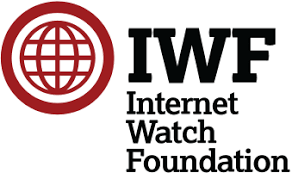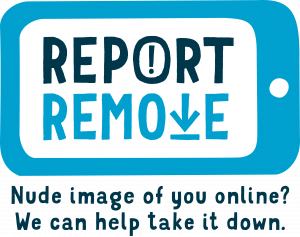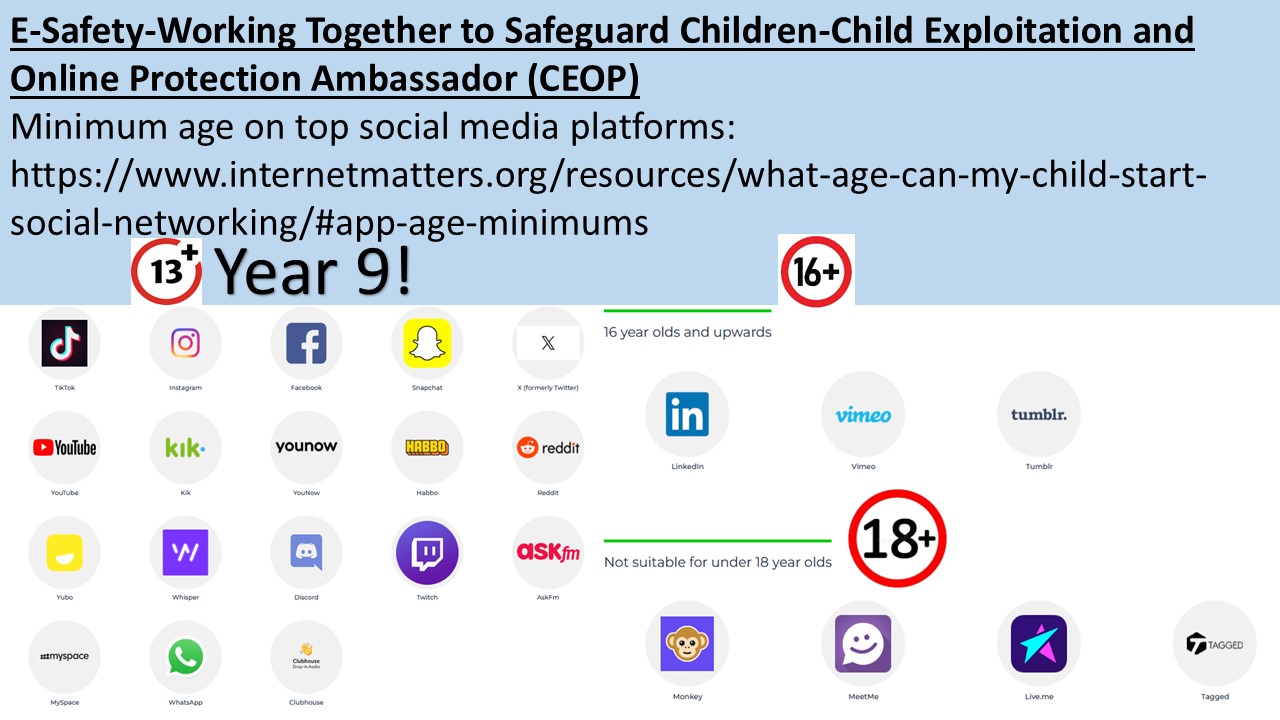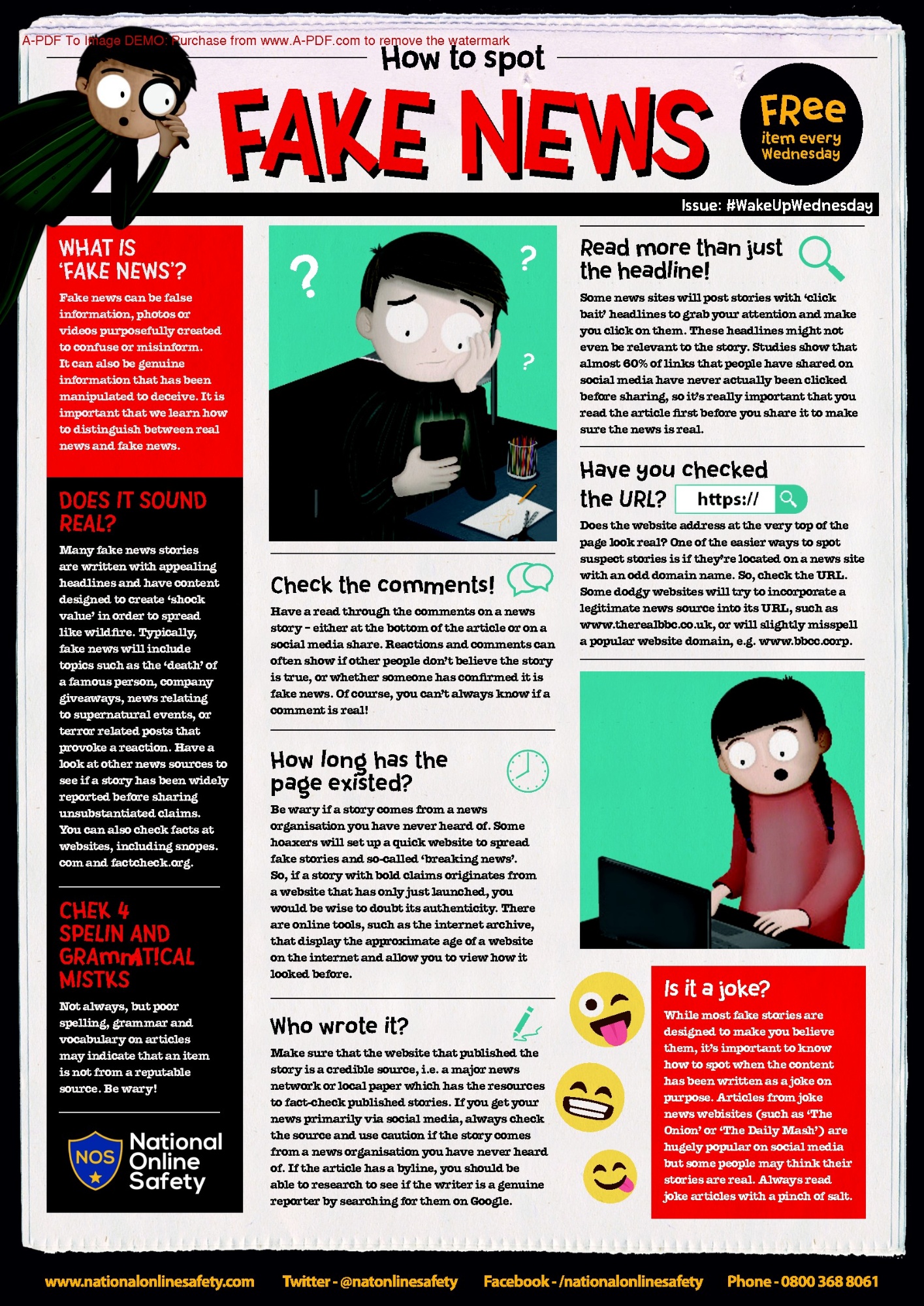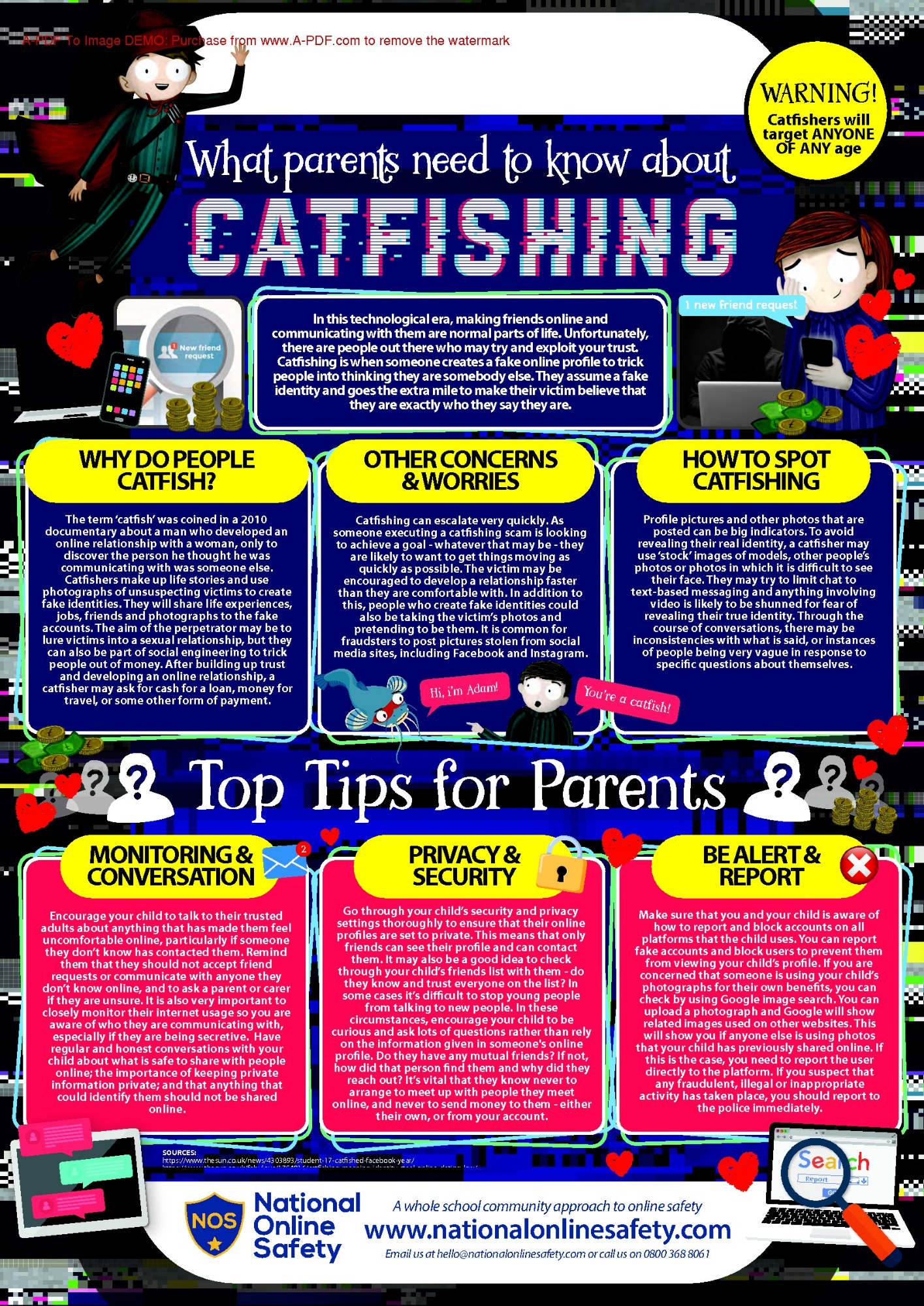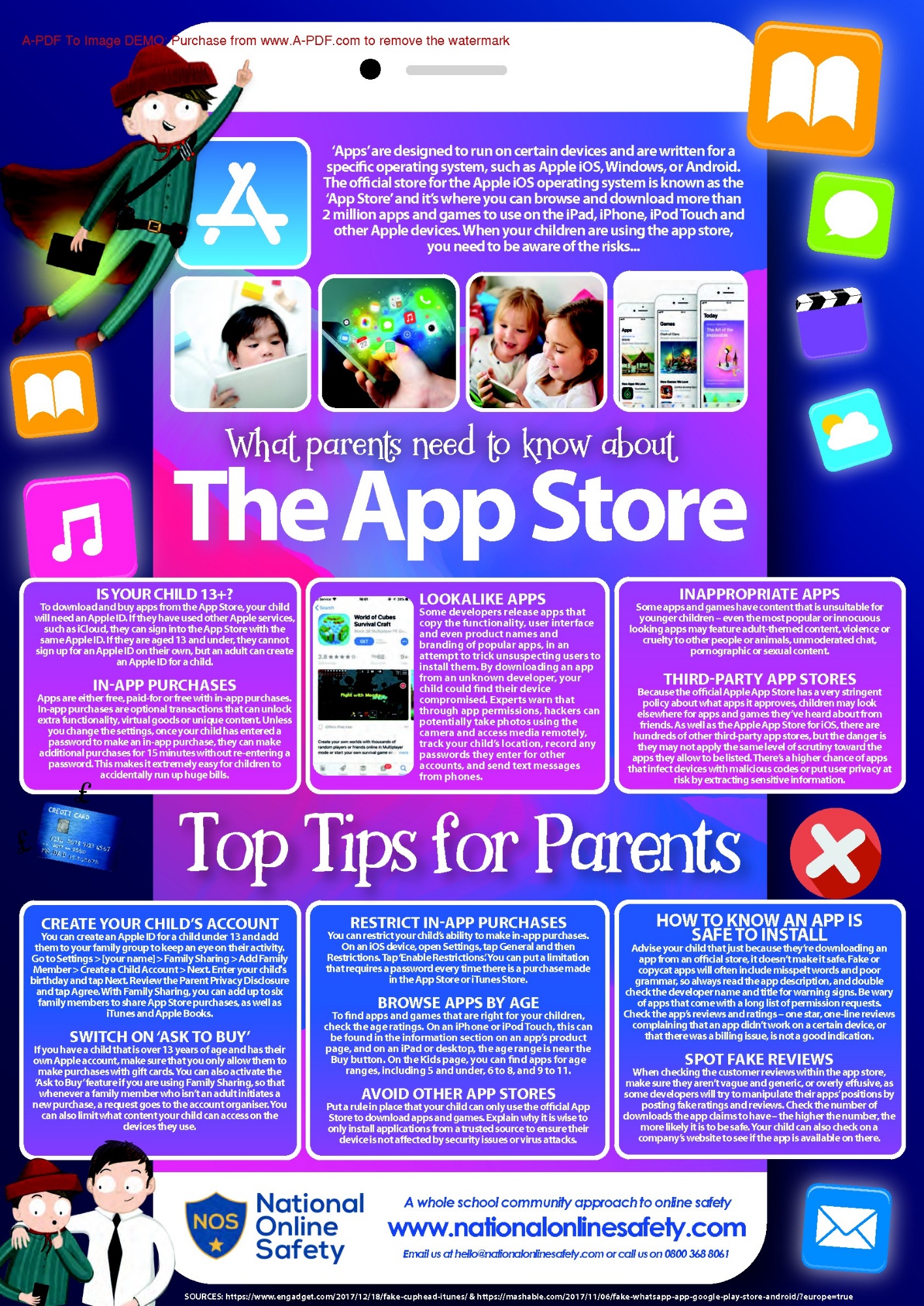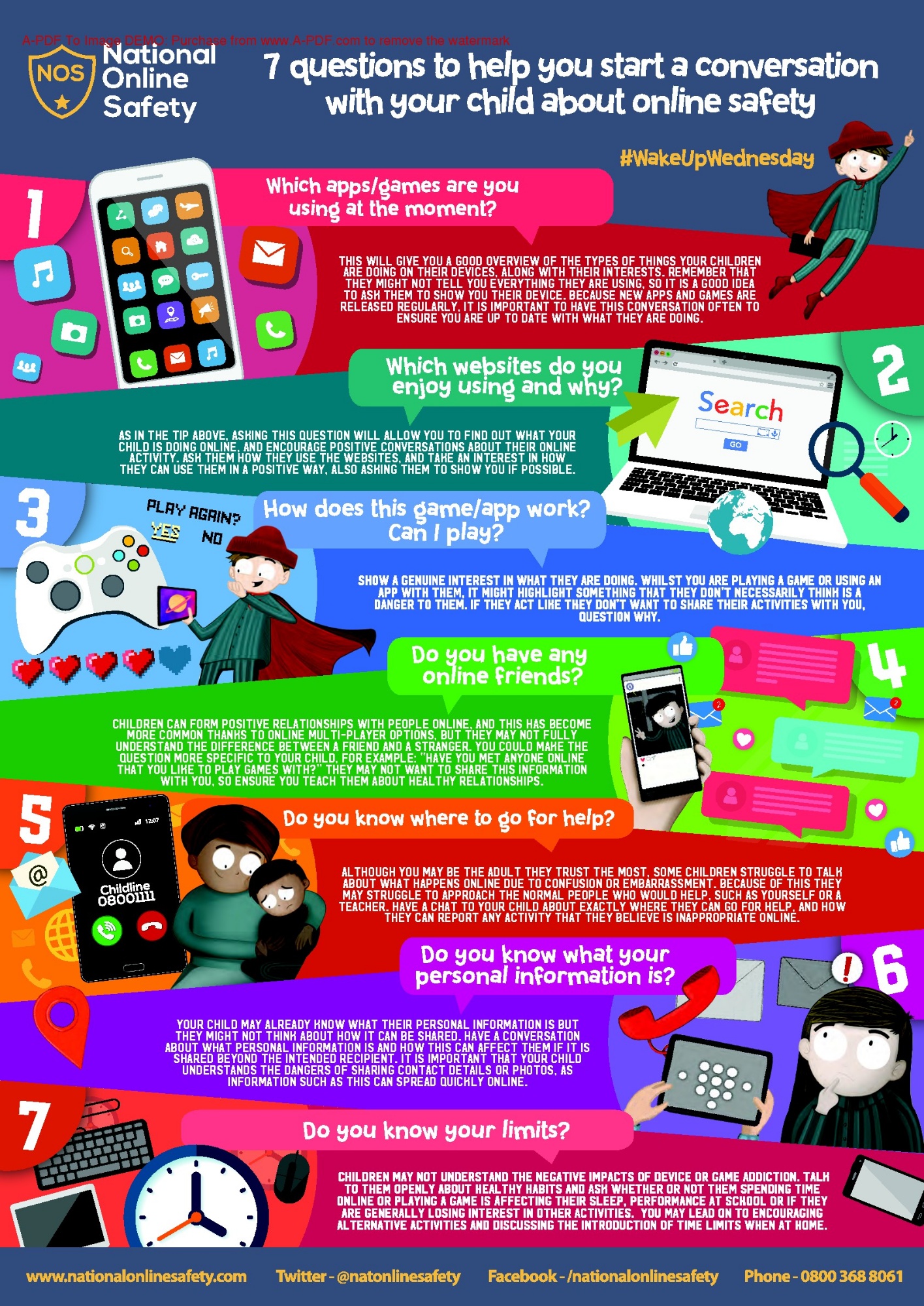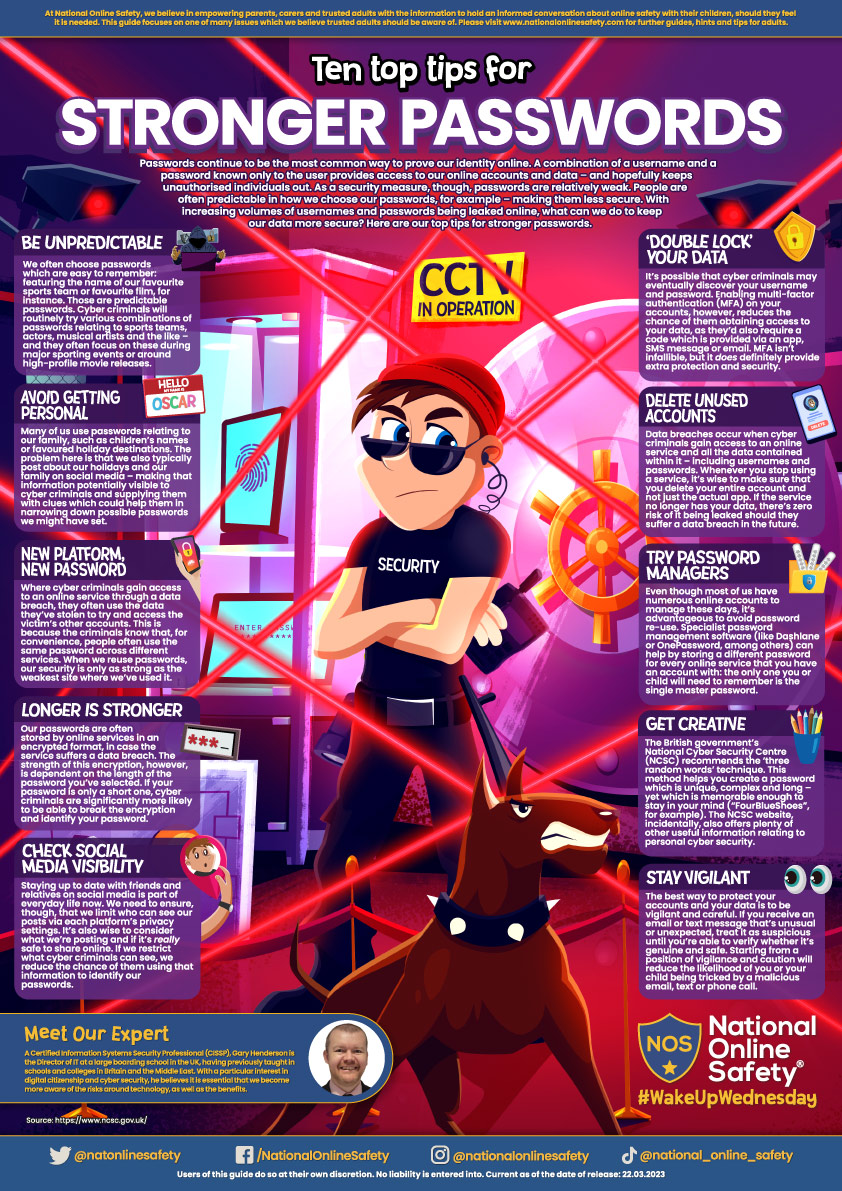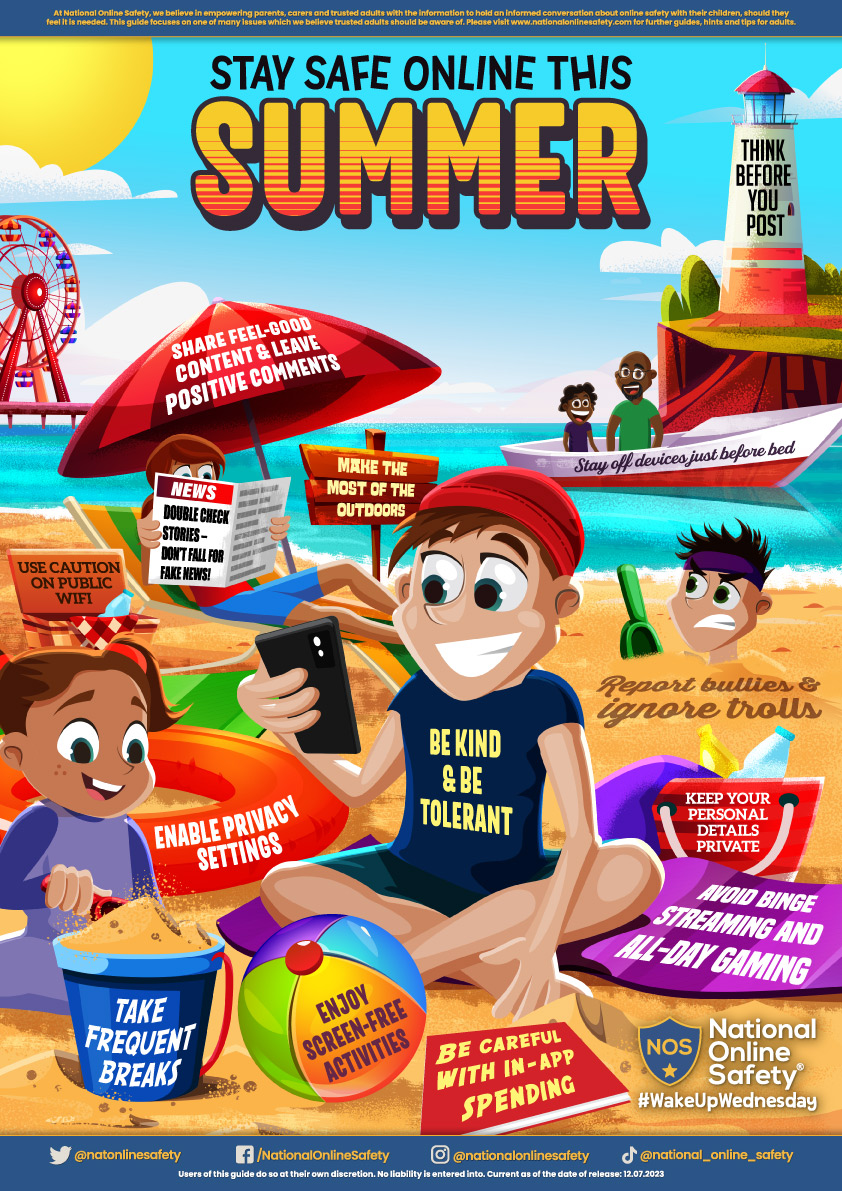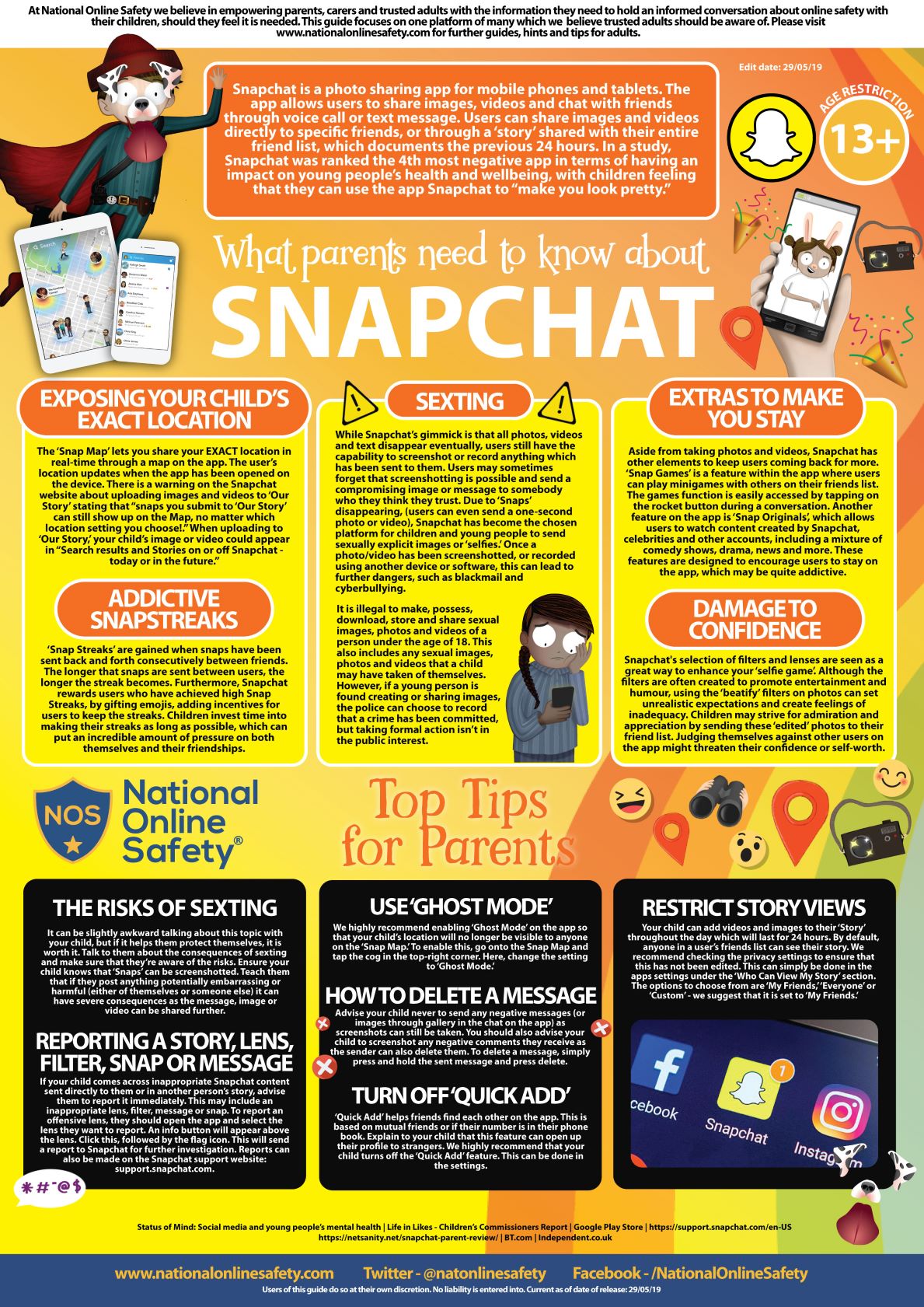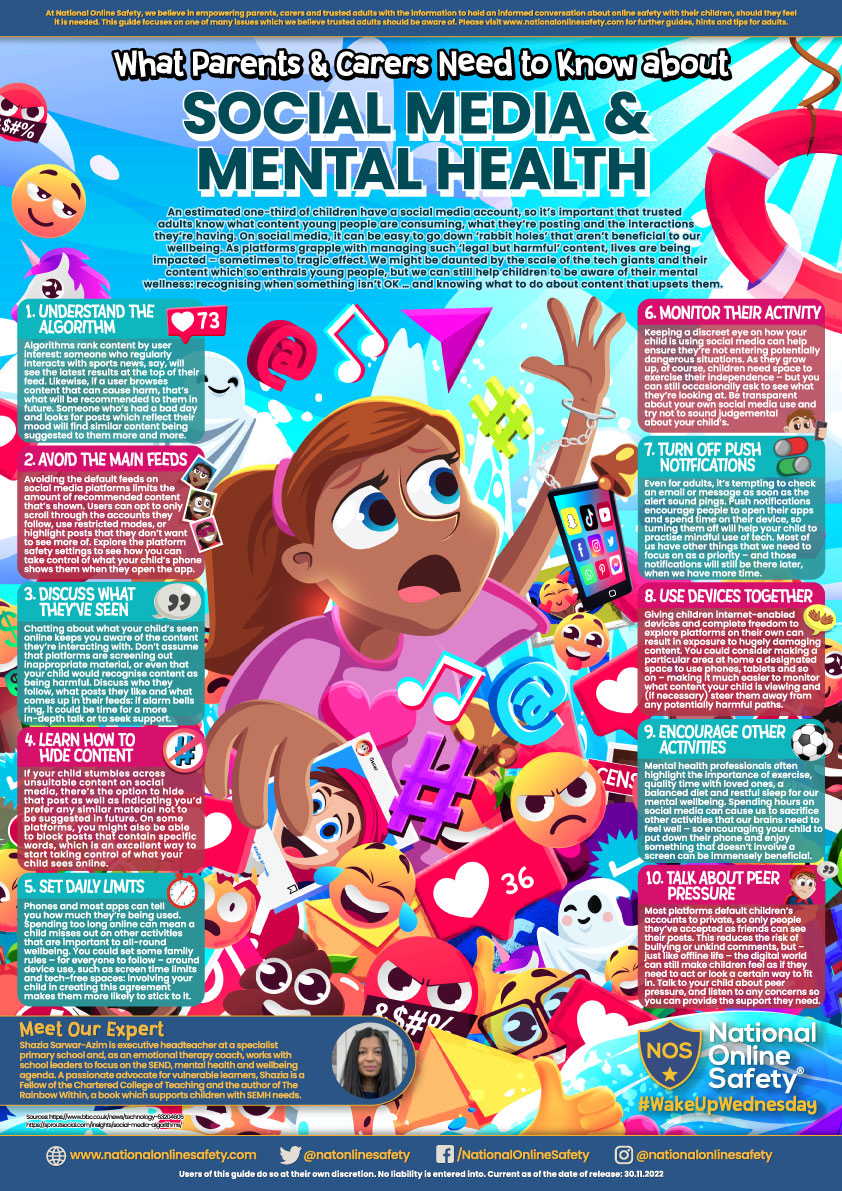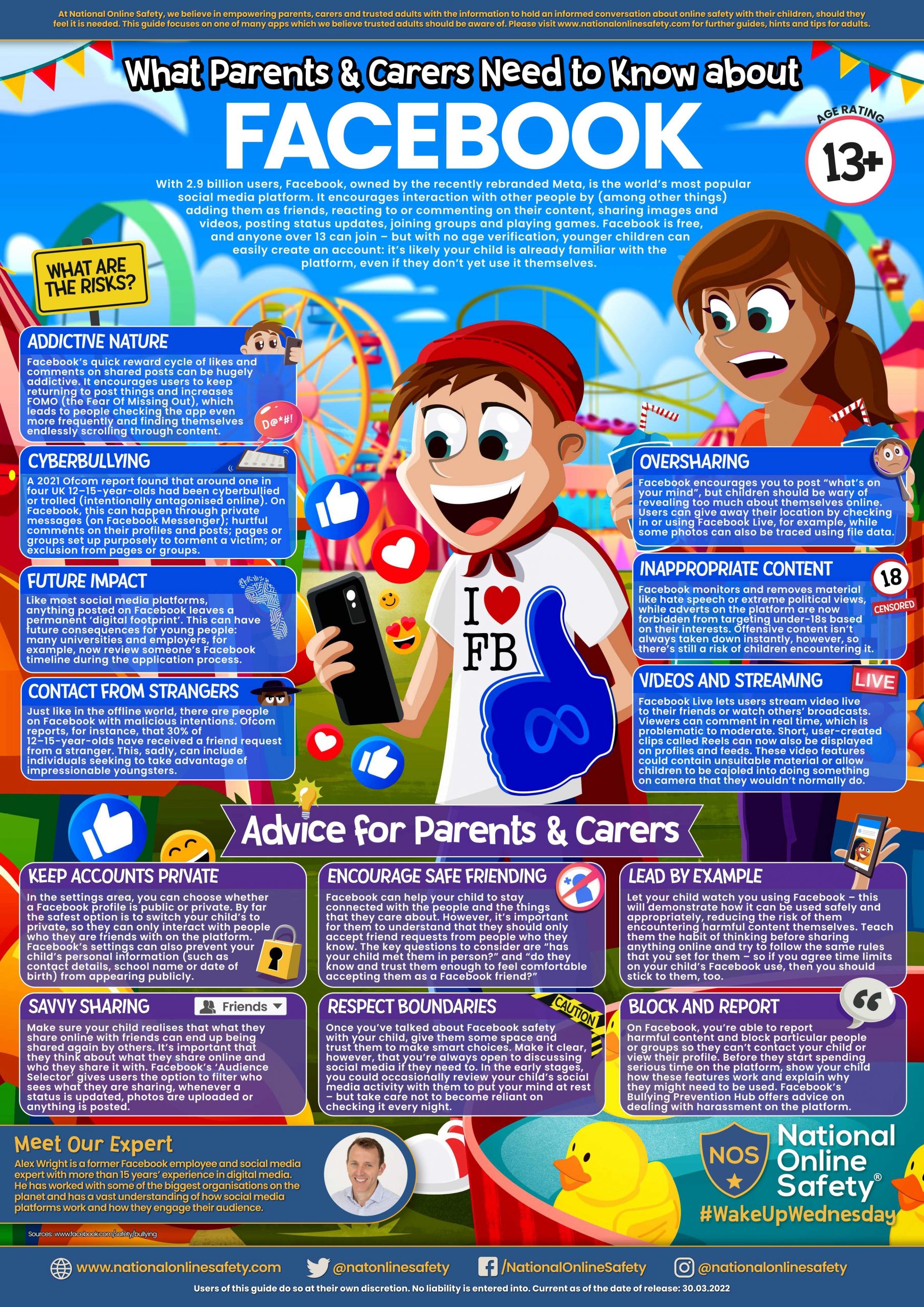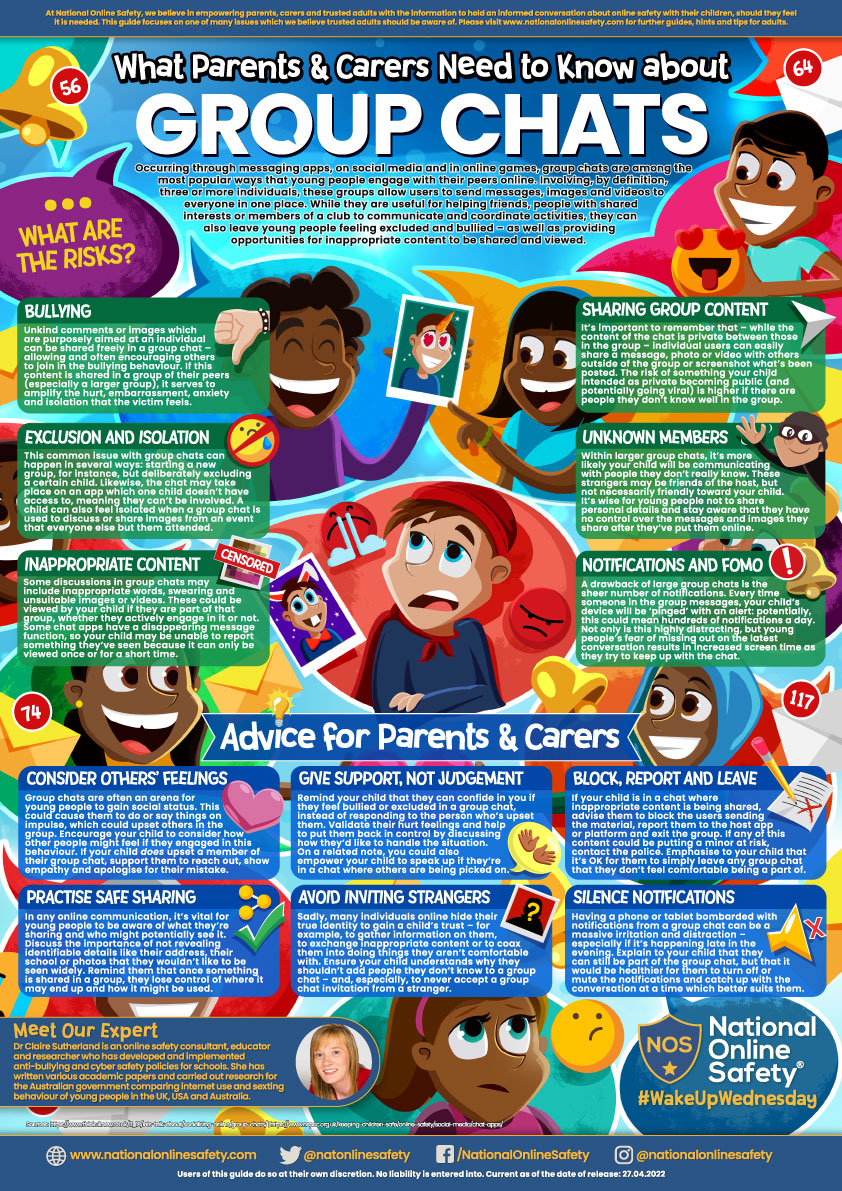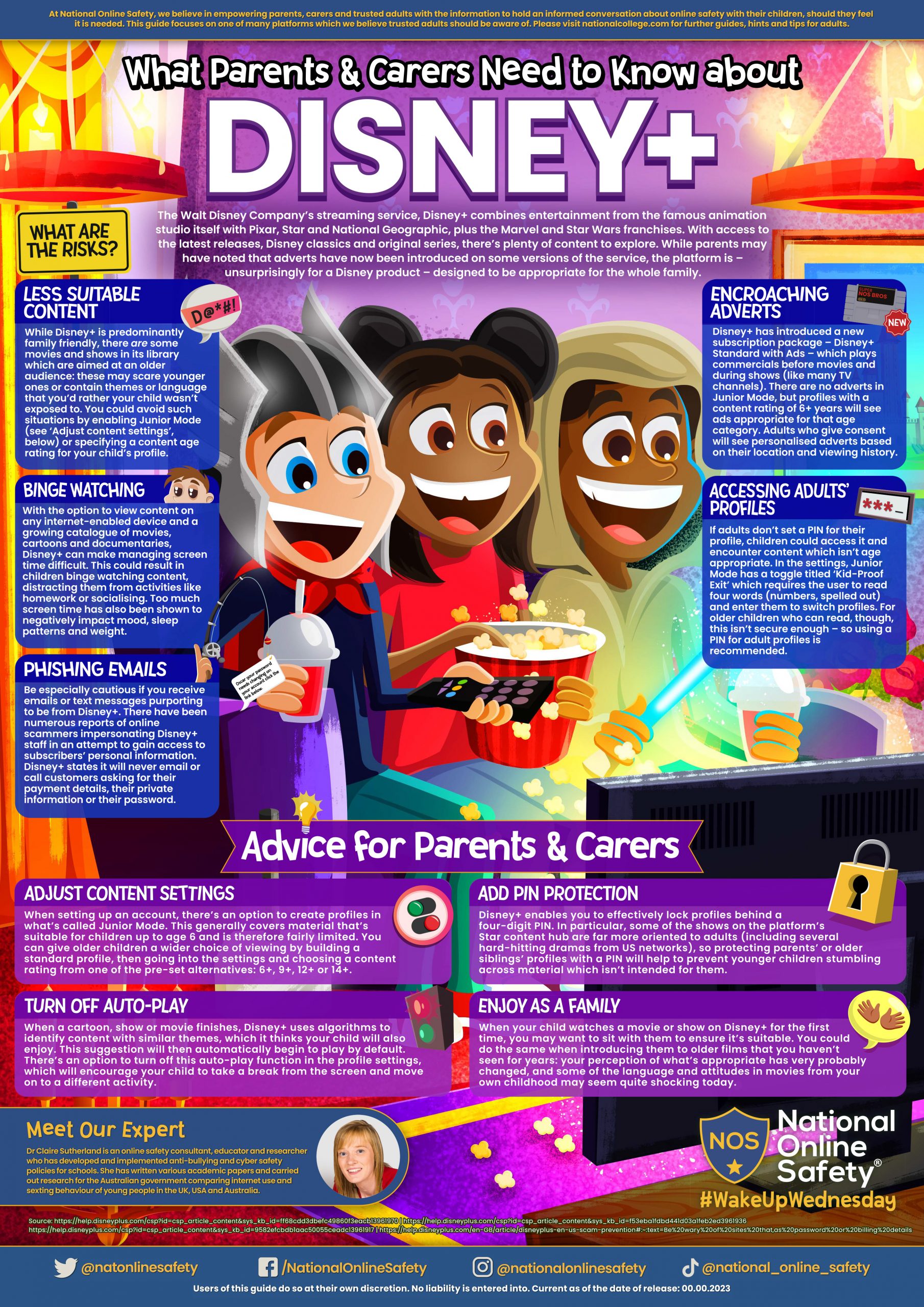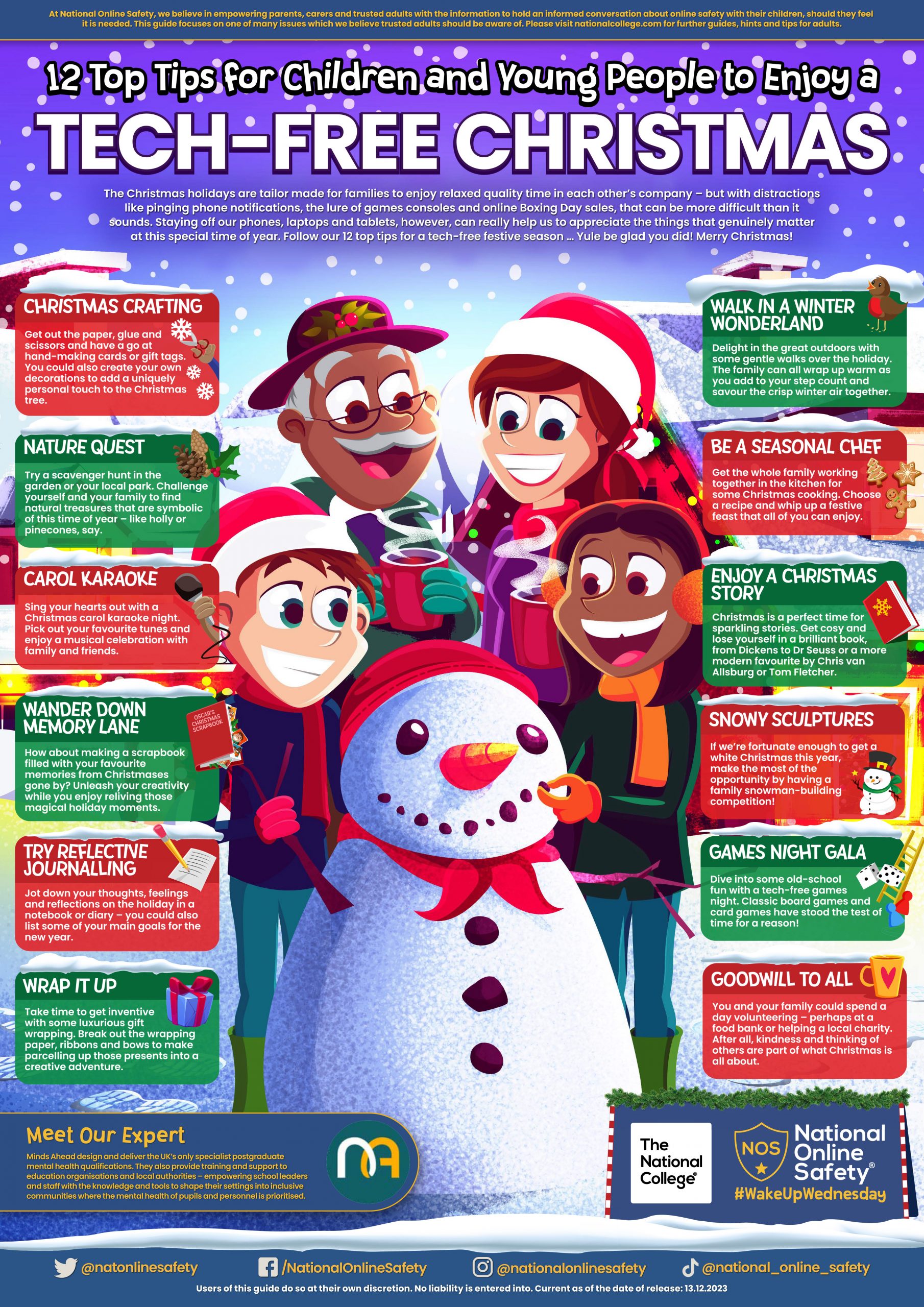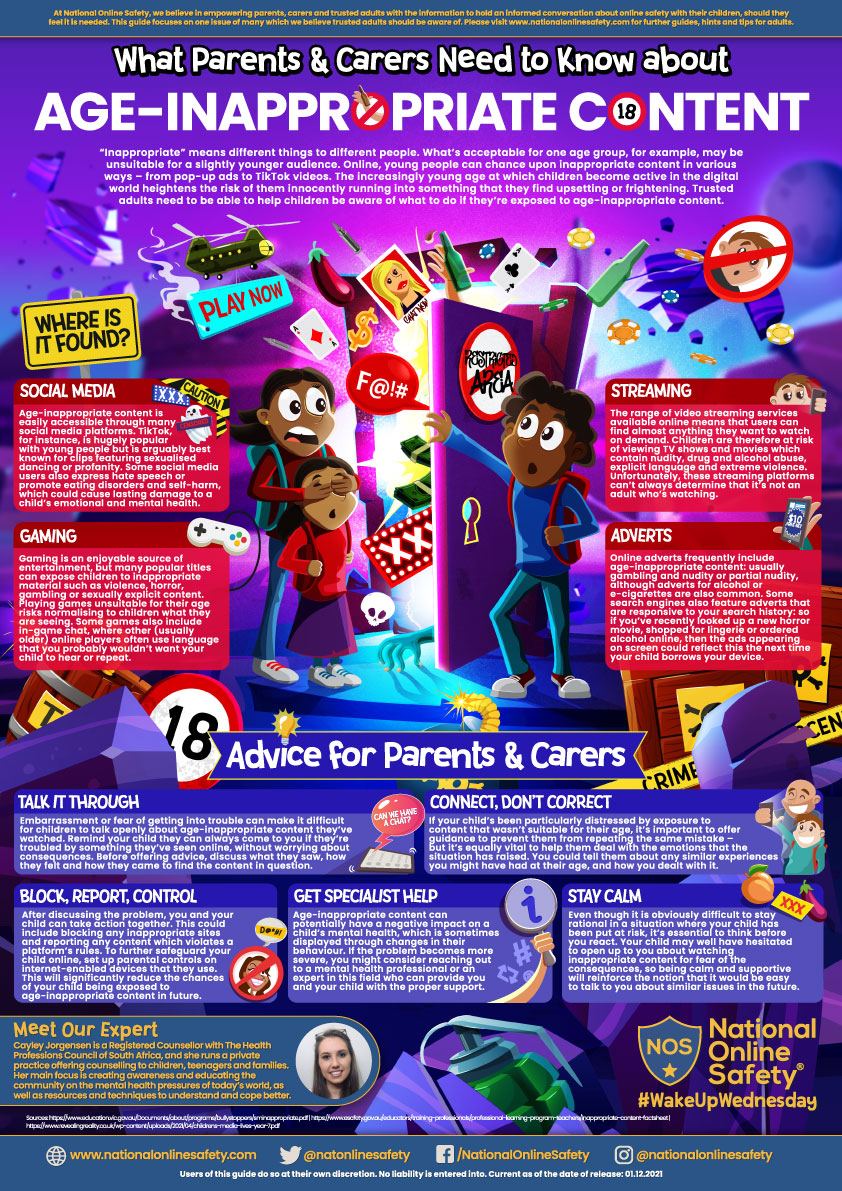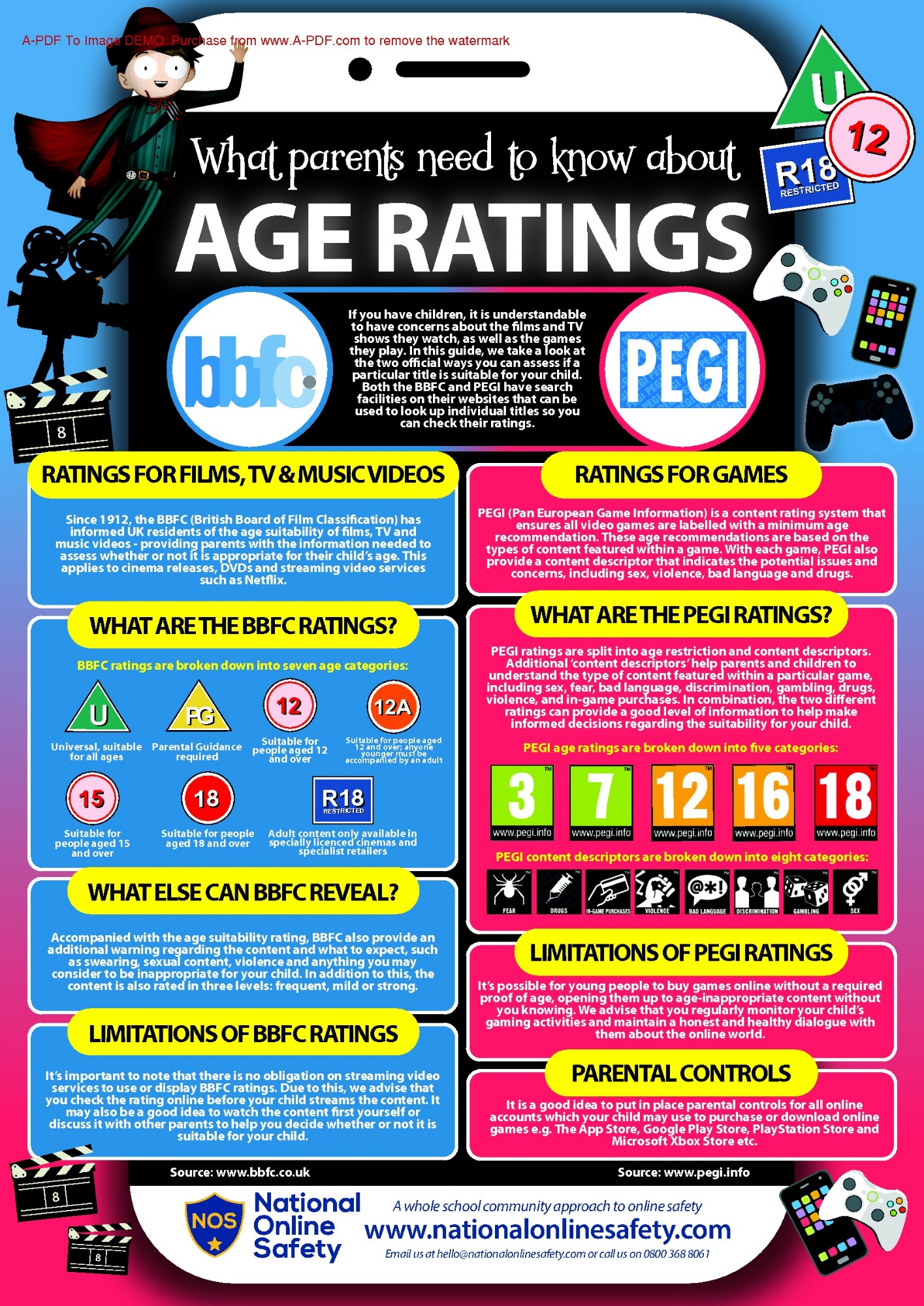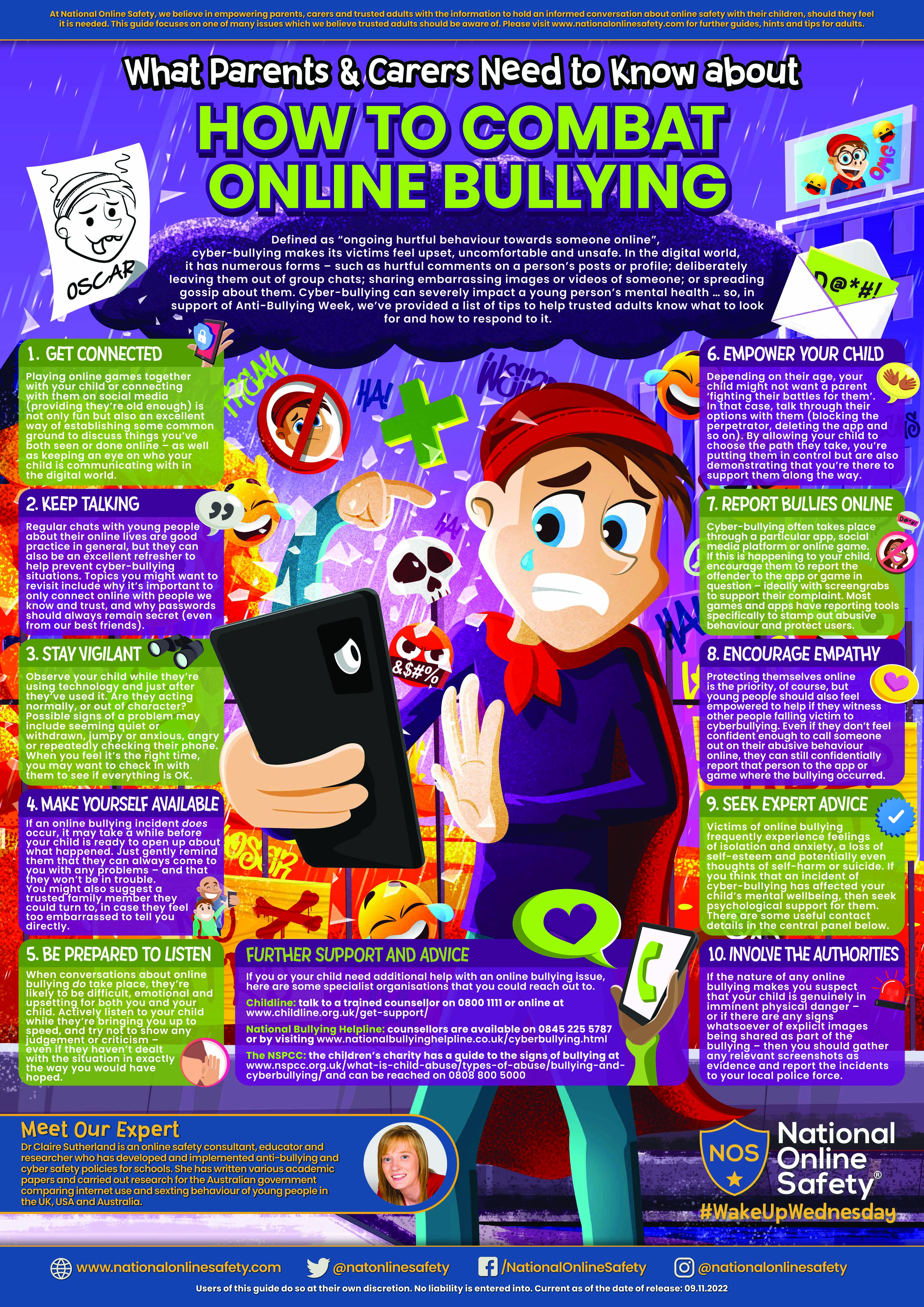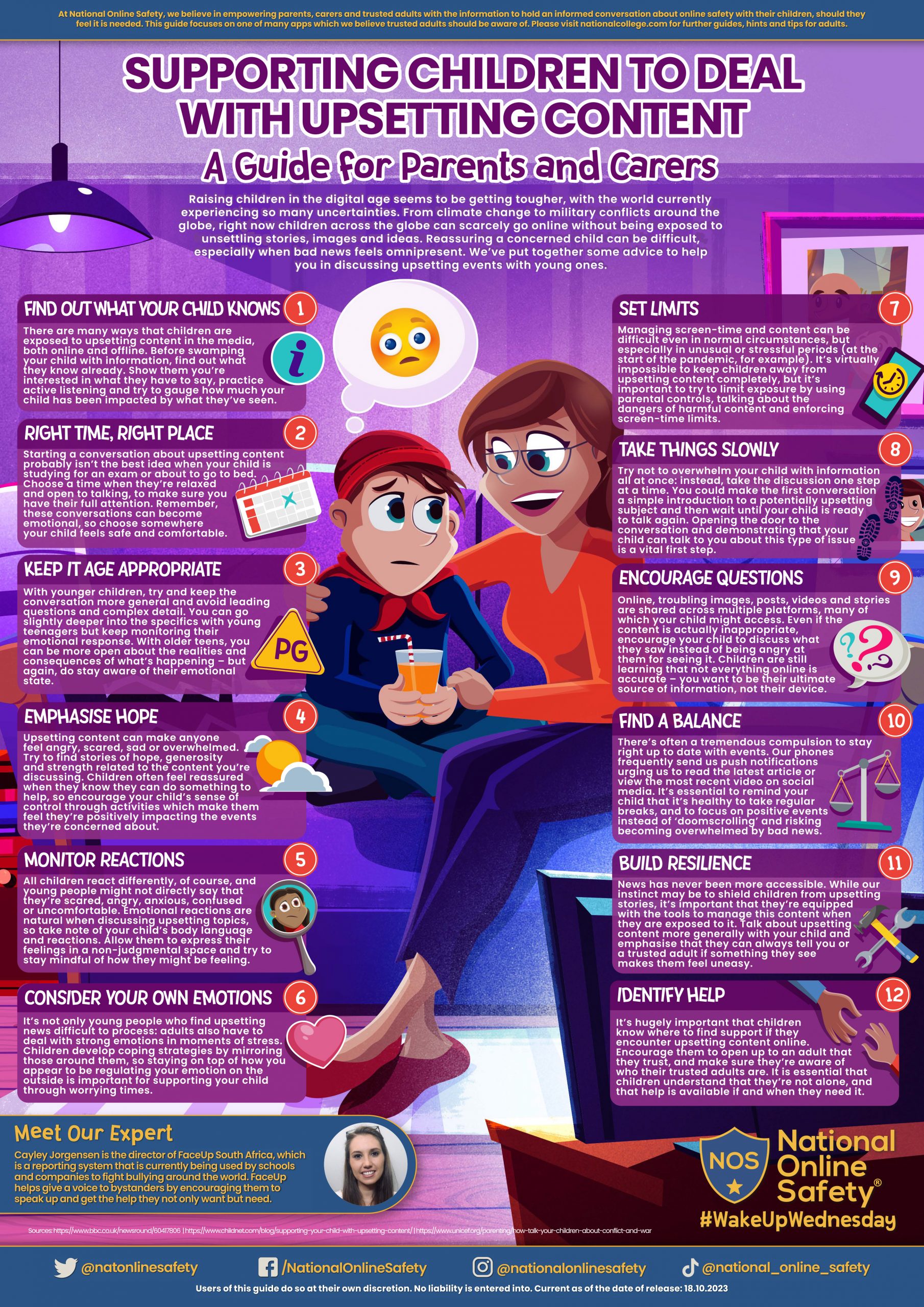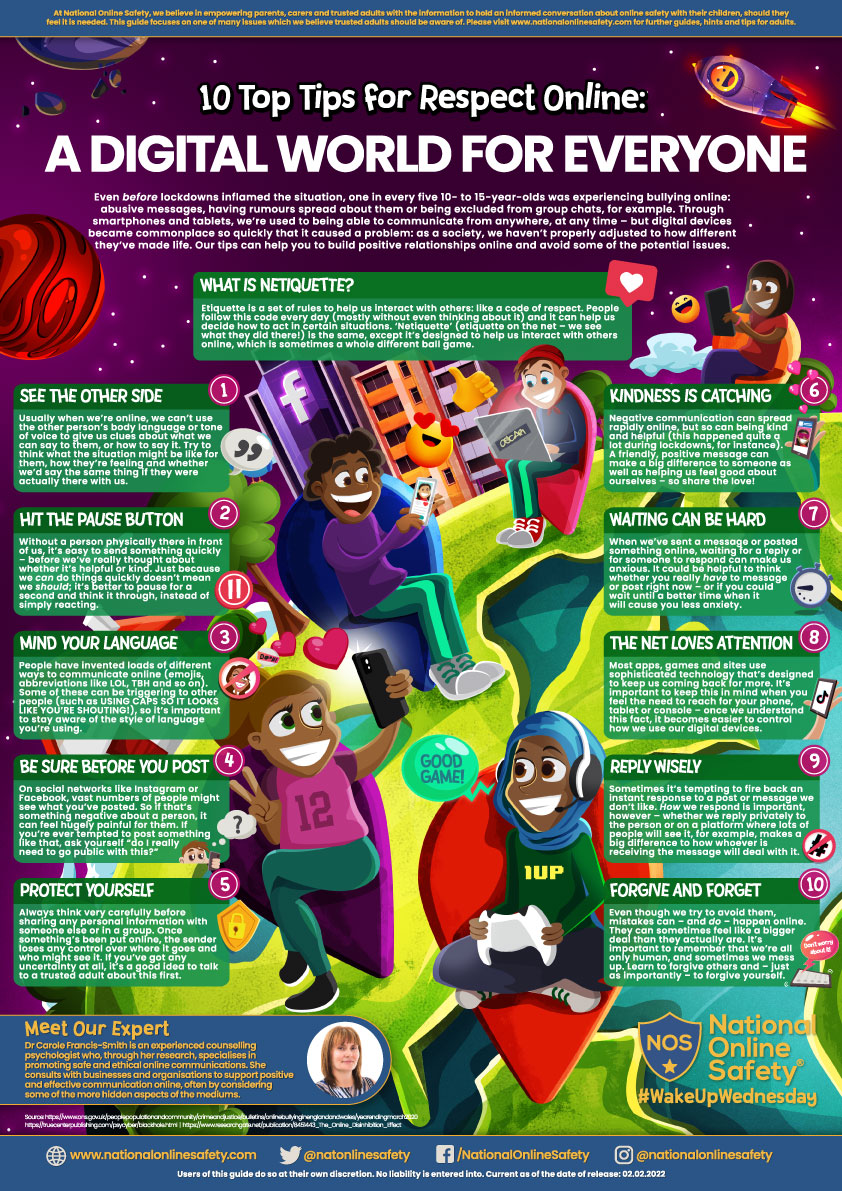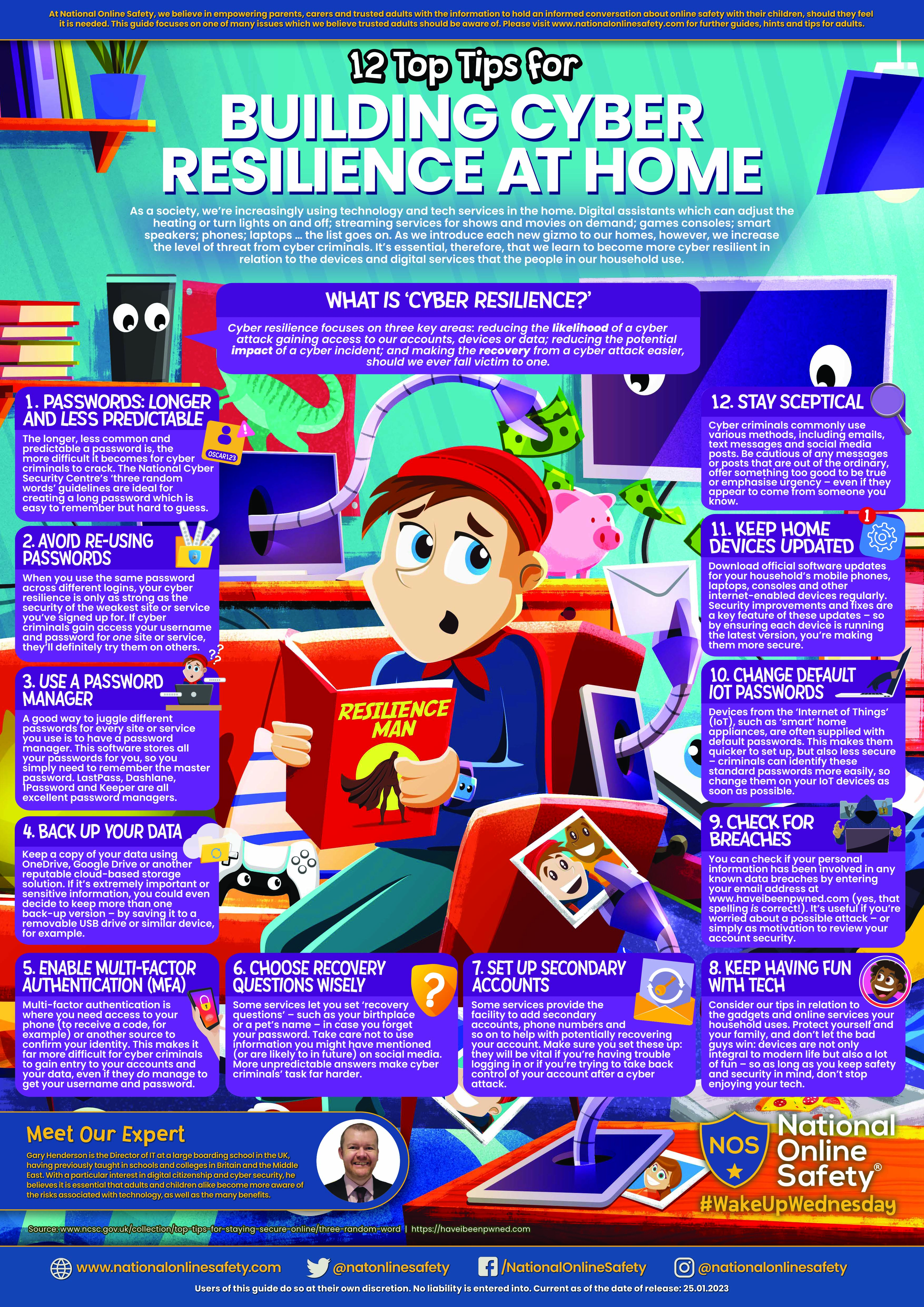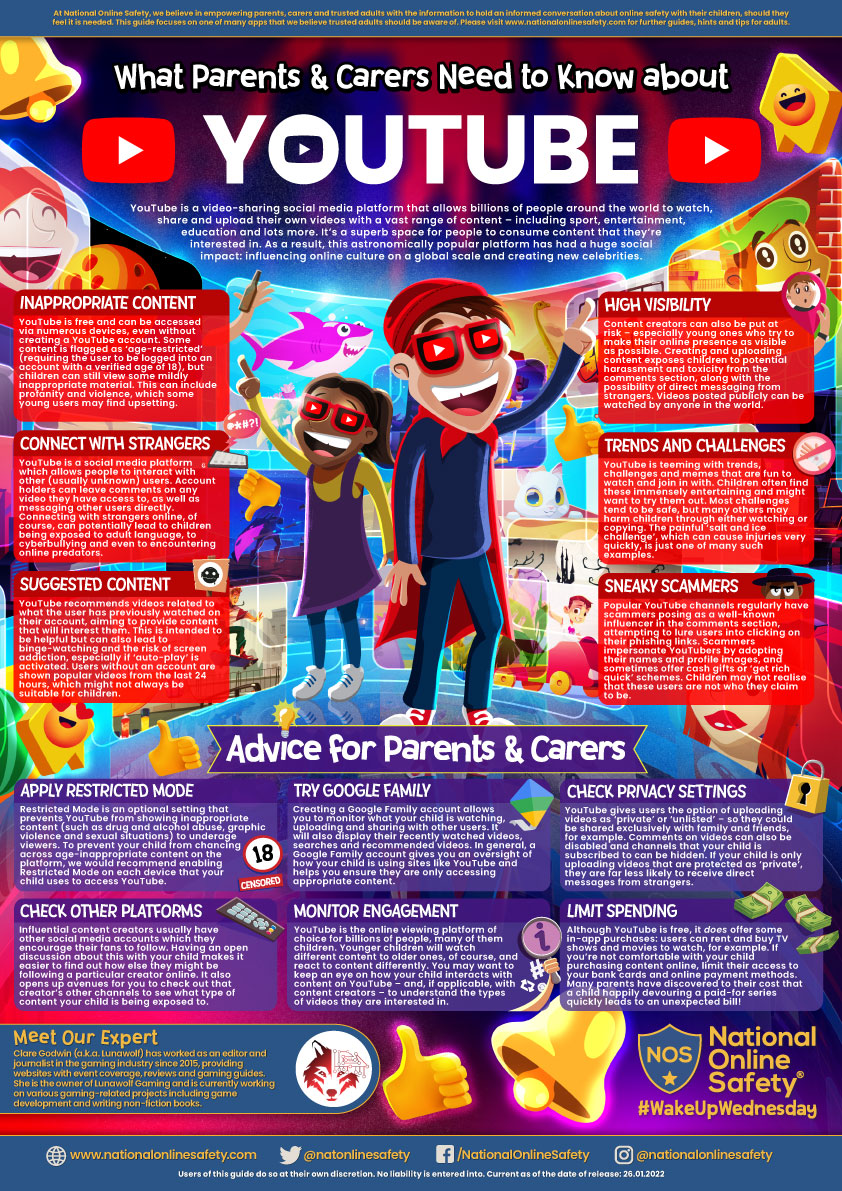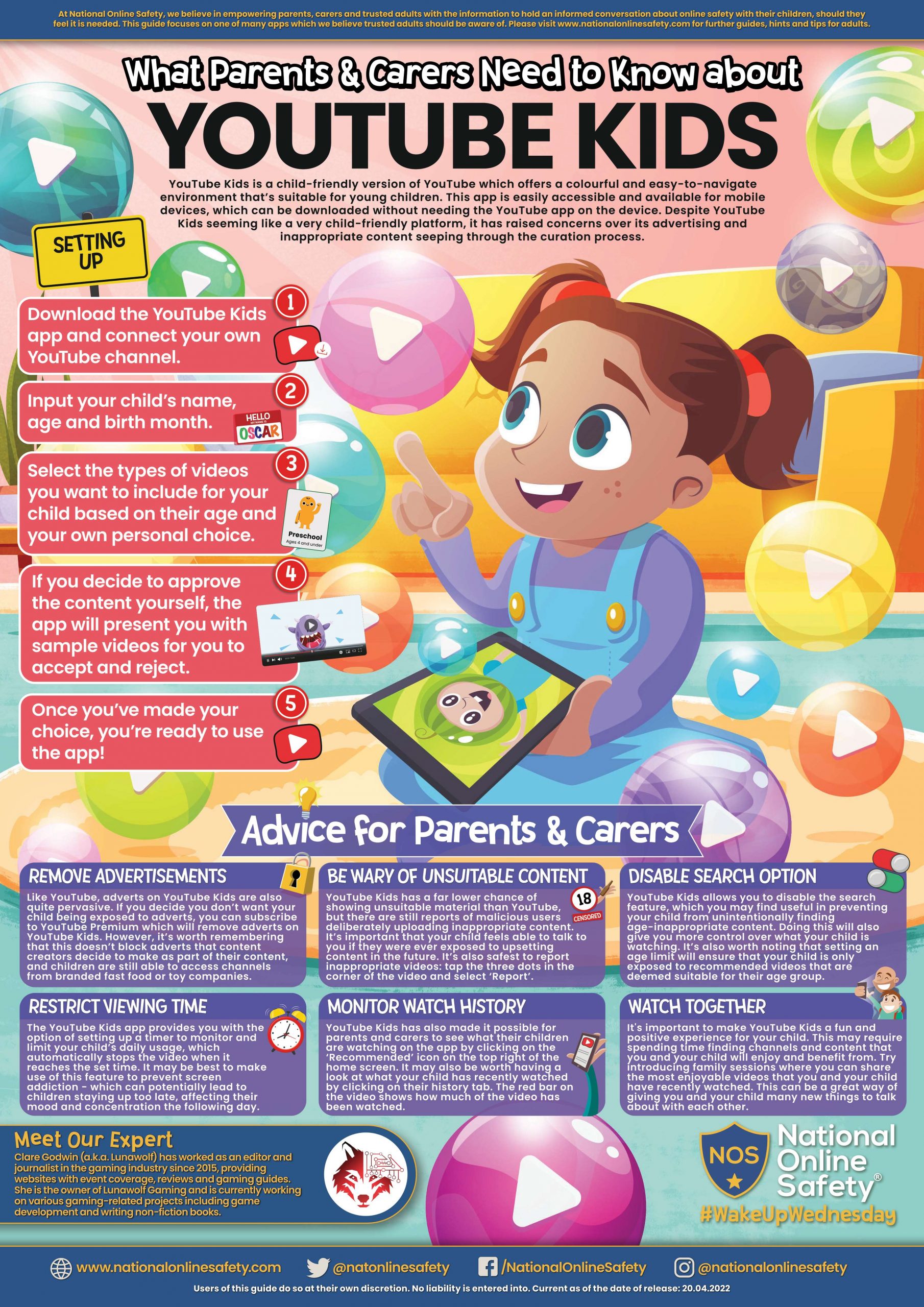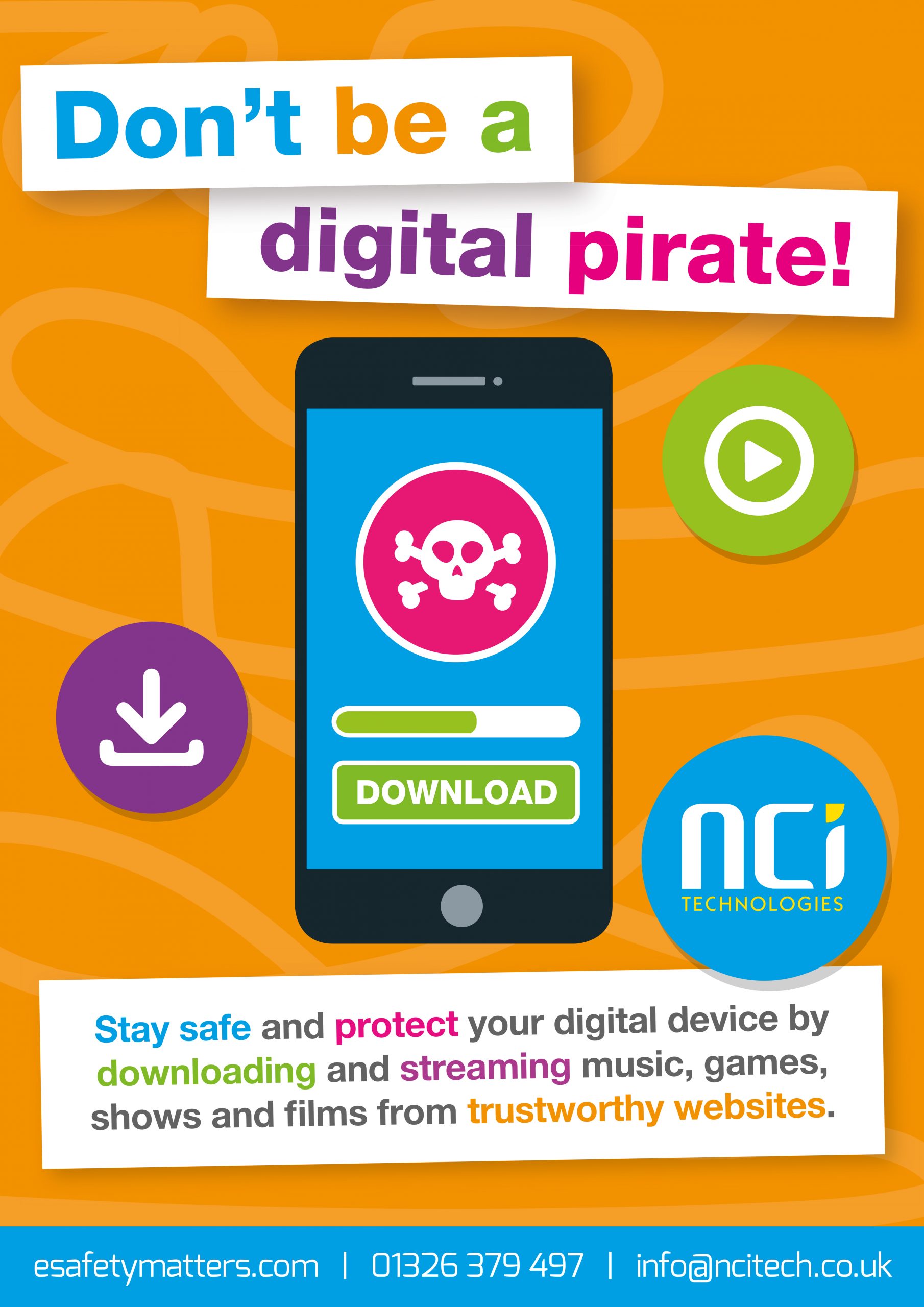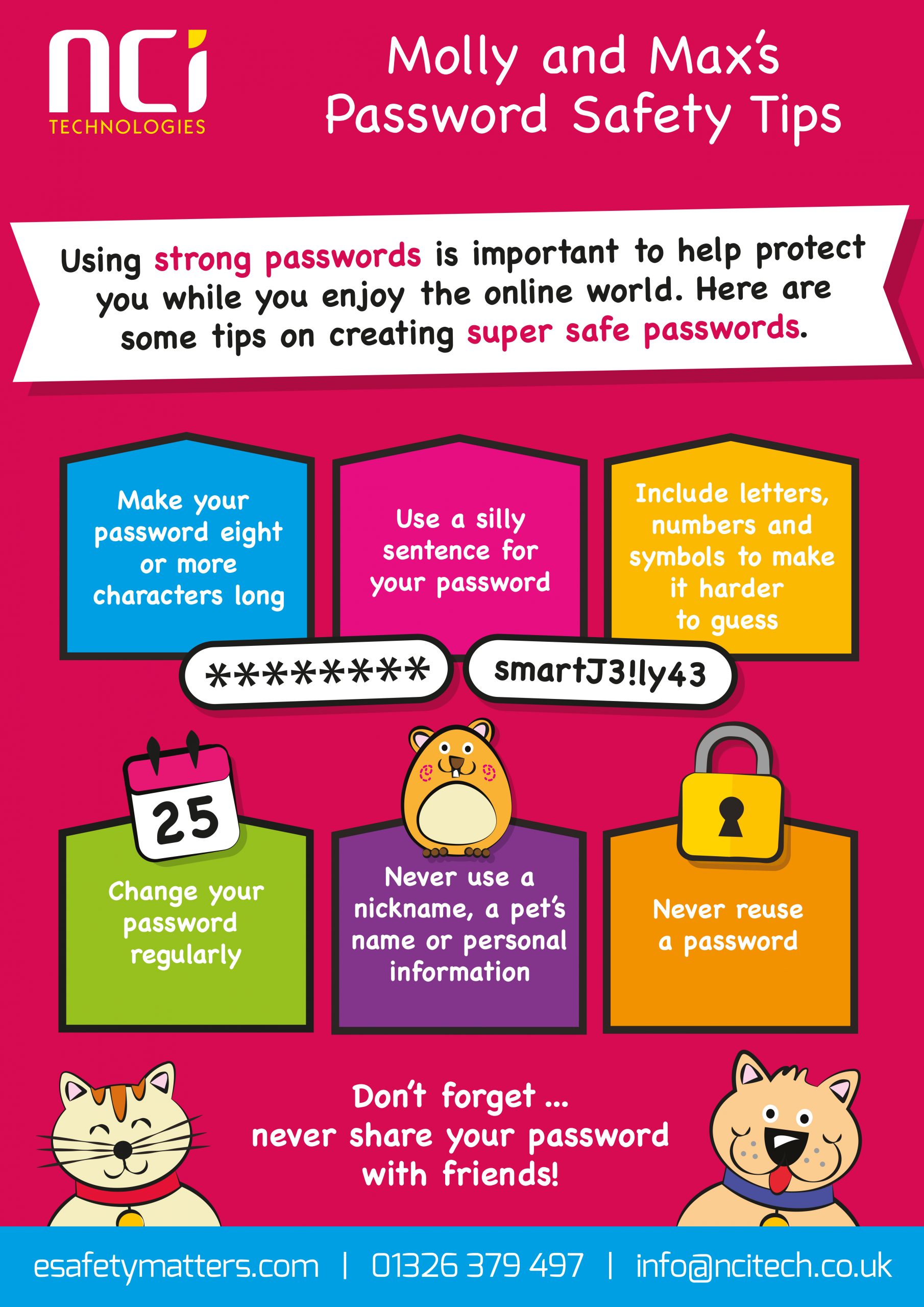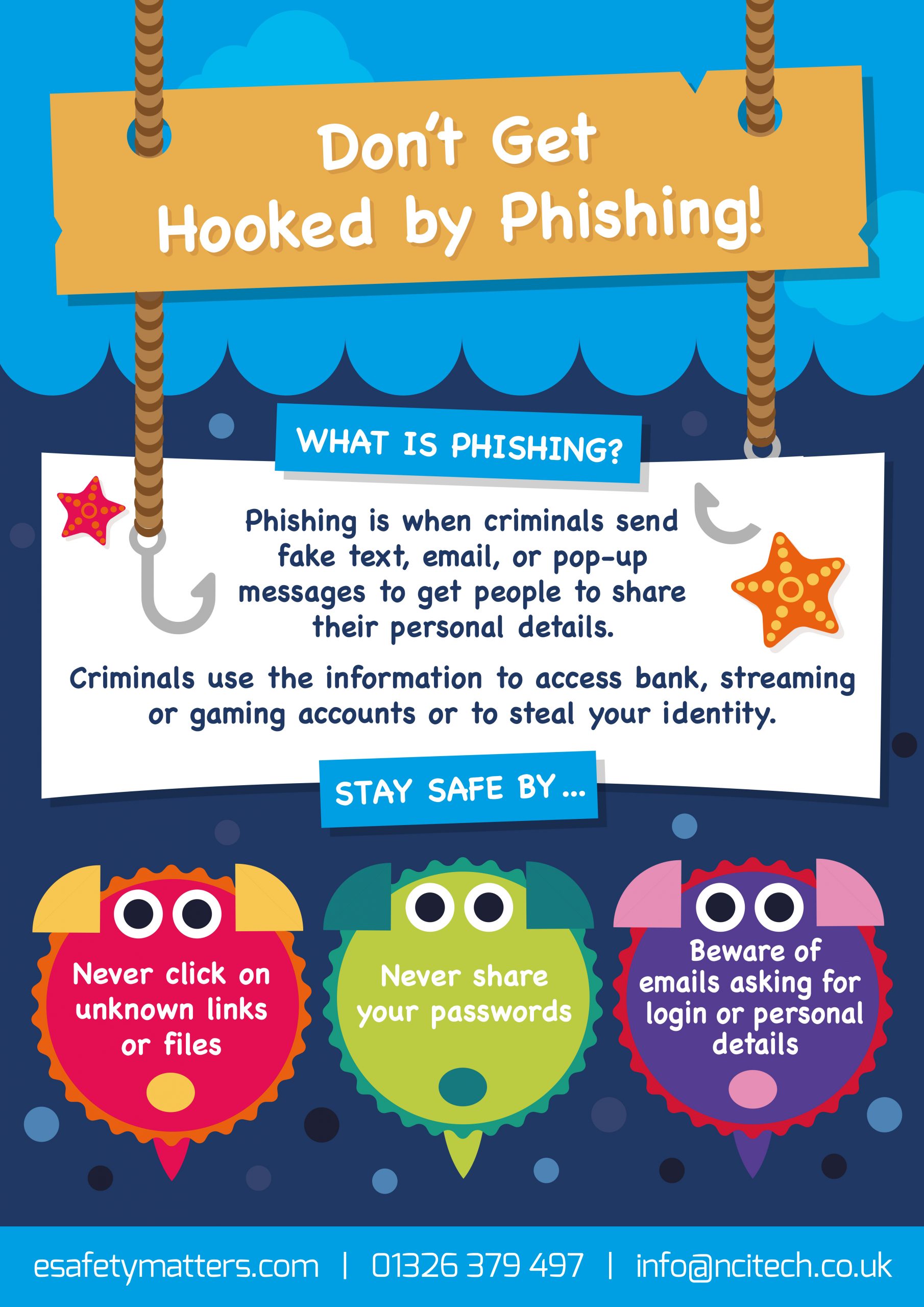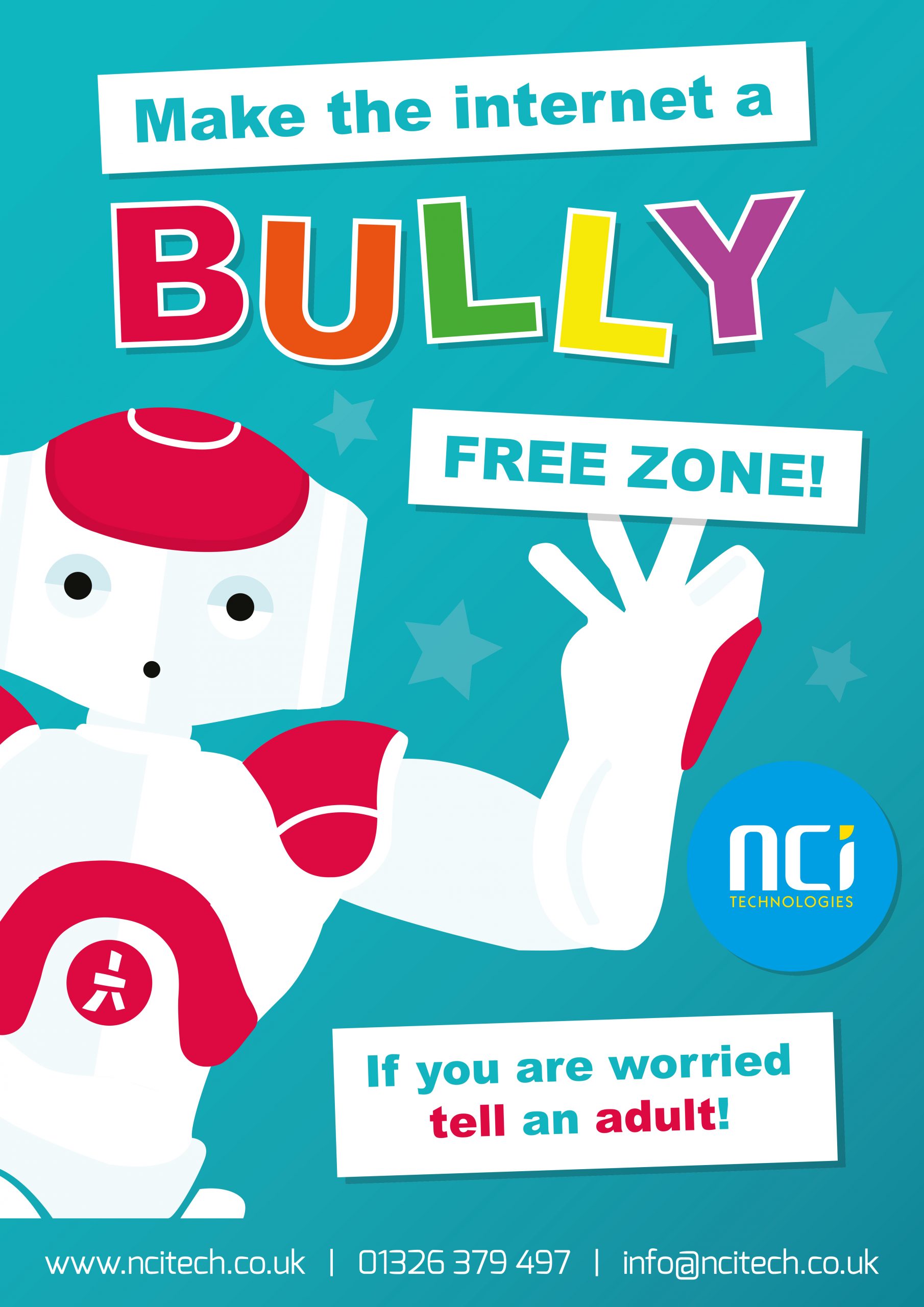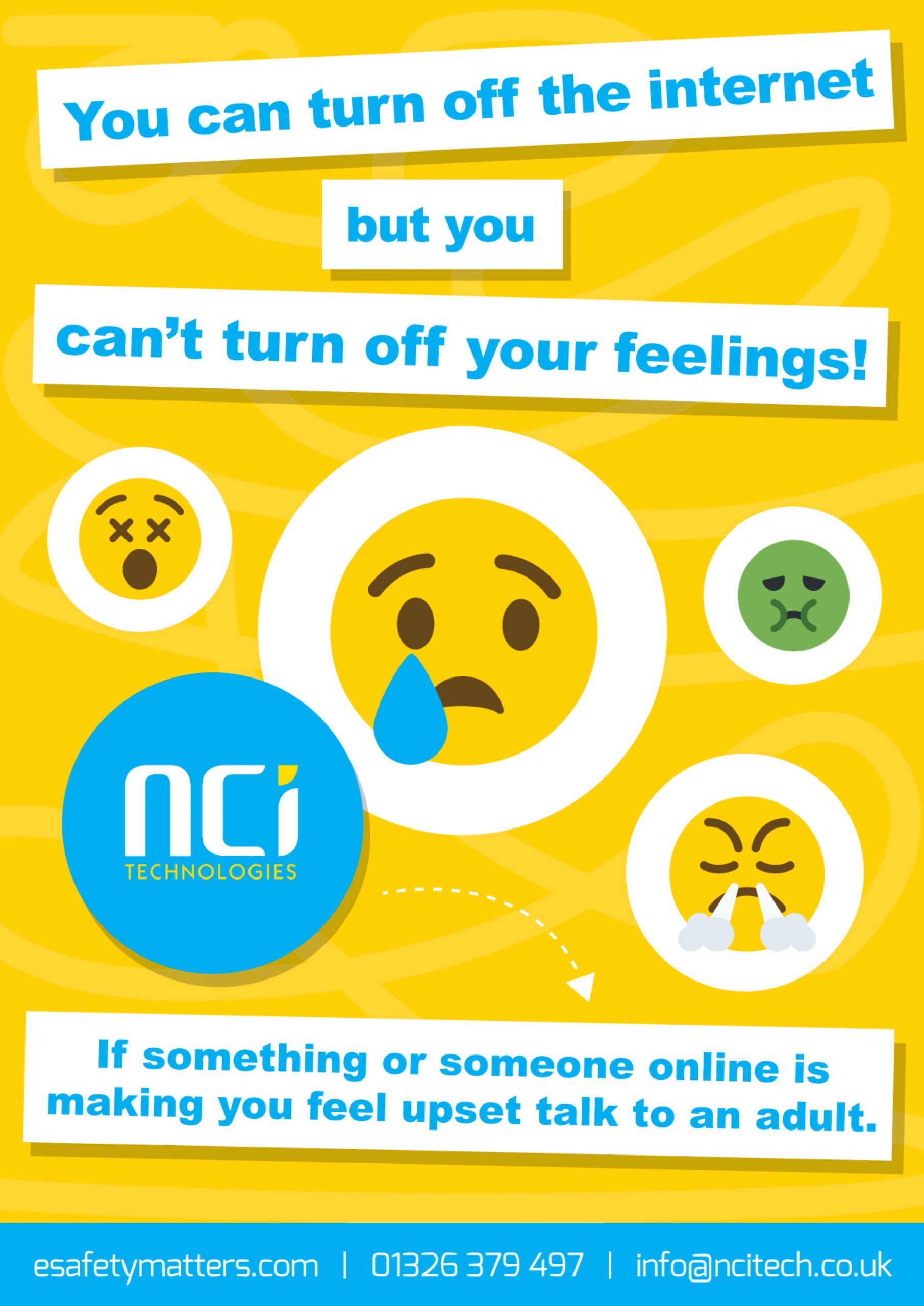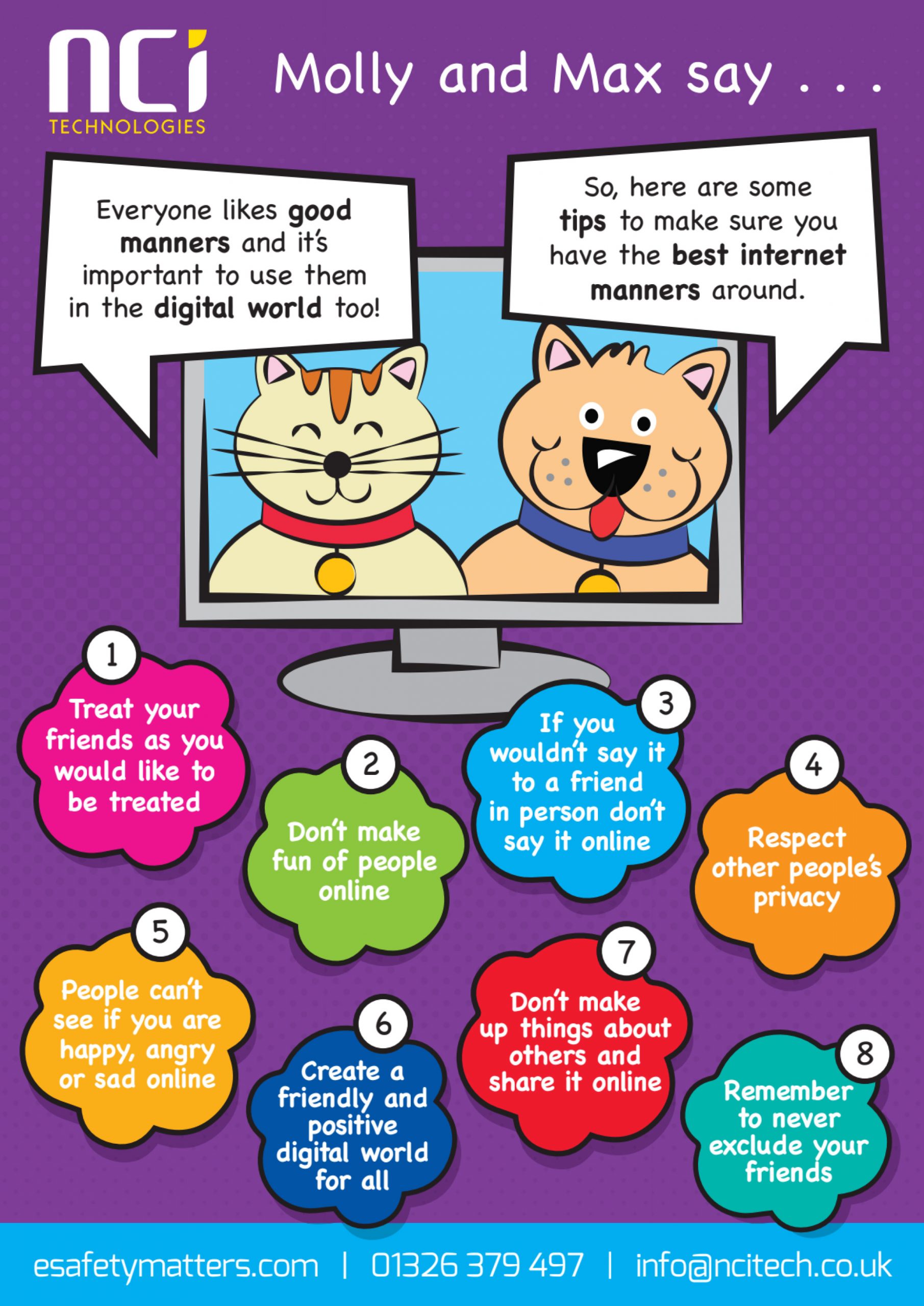Internet Safety
Stay ANONYMOUS!
- Use another name or a nickname
- Keep your address a secret
- Don’t say where you go to school
- Only give your phone number to people you know
- Don’t tell ANYONE anything that you don’t want the world to know!
Be Private!
- Keep your login details secret
- Always use the privacy settings when creating a profile on networking sites like Twitter and Facebook
- Get an adult to help you with your privacy settings.
Want to post a photo?
- If you want to post a photo. YOU choose it
- Make sure the picture doesn’t show any background details
- It’s hard, we know, but think before you answer any personal questions
- If anyone asks you to pose say NO
Want lots of friends? Of course you do! but …
- Not everyone is who they say they are
- Don’t let everyone you’ve just met on the web be your ‘friend’
- Real friends are those who’ve shown they care about you
Be happy!
- If, when chatting, you feel uneasy or even threatened, sign off!
- Tell your parents, carers or teachers about any worrying experience, not just your friends
- Block anyone who gives you bad vibes
So you want to meet?
- Meeting strangers is ALWAYS very dangerous
- Some web-users have very bad intentions and will use any trick to get you to meet them
Talk to someone!
- There are people who care about you – family, friends and teachers
- If you need to discuss a problem, talk to one of them, NOT someone you’ve just met online
- Remember – it could be dangerous to do so
Believe… NOT!
- Don’t fall for it – things aren’t always what they seem!
- Everyone exaggerates – you probably do it too!
- Some people might tell lies just to get to you.
- A few are dangerous!
Be Safe! Be Sure! Be Savvy!
Worried? Tell us.
If you are concerned about internet safety, please contact Mrs Unsworth.
Please look at our Online Safety Policy.
More information and links
If you are concerned about e-safety or your child staying safe on line, please follow the information link http://parentinfo.org/page/
Please also see link to sign up to National Online Safety page full of useful information: https://nationalonlinesafety.com/enrol/westhoughton-high-school
If you use social media, there are guides to help you stay safe online:
 If something has happened online which has made you feel unsafe, scared or worried you can report it to CEOP – Child Exploitation and Online Protection. This might be from someone you know in real life, or someone you have only ever met online.
If something has happened online which has made you feel unsafe, scared or worried you can report it to CEOP – Child Exploitation and Online Protection. This might be from someone you know in real life, or someone you have only ever met online.
Social Media Checklists
Reporting Images and Videos
Age Ratings
Online Advice
Social Media Advice
Age Rating/Tech Advice
Online Bullying Advice
YouTube/VR/ESports Advice
E Safety Posters

